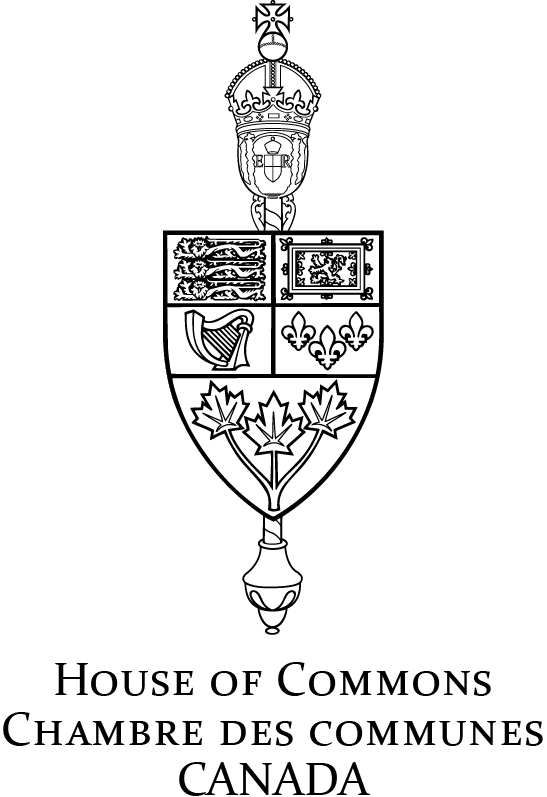ACVA Committee News Release
If you have any questions or comments regarding the accessibility of this publication, please contact us at accessible@parl.gc.ca.
|
Standing Committee on Veterans Affairs |

|
Comité permanent des anciens combattants |
For immediate release
NEWS RELEASE
THE HOUSE OF COMMONS STANDING COMMITTEE ON VETERANS AFFAIRS TABLES ITS REPORT FOLLOWING THE STATUTORY REVIEW OF THE ENHANCED NEW VETERANS CHARTER
Ottawa, June 03, 2014 -
Today the House of Commons Standing Committee on Veterans Affairs released the conclusions of the statutory review it undertook in November 2013 of the Enhanced New Veterans Charter Act. At the request of the Honourable Julian Fantino, Minister of Veterans Affairs, this review was broadened to encompass all relevant aspects of the New Veterans Charter, including how best to state exactly what is the solemn obligation of the people and Government of Canada to their veterans.
In keeping with the general terms of reference above, the Committee identified three core themes that XX witnesses were invited to address:
- Care and support of the most seriously disabled;
- Support for families; and
- Improving how Veterans Affairs Canada delivers the programs, services and benefits of the New Veterans Charter.
The report, “The New Veterans Charter: Moving Forward,” makes 14 recommendations adopted unanimously by the Committee; these include calling on the government to ensure that military members seriously disabled as a result of service are not medically released until Veterans Affairs Canada has finalized processing the initial request for the rehabilitation services and financial benefits these veterans are entitled to.
The report also recommends that the solemn obligation of the people and Government of Canada be set out in the New Veterans Charter, that eligibility to benefits for life be clarified for the most seriously disabled veterans, and that the earnings loss benefit for veterans in rehabilitation be increased. Various recommendations focus on the importance of supporting transition to civilian life, including improved access to rehabilitation services and financial support for the families of injured veterans.
“We wanted to focus on the key issues identified by the witnesses and the Office of the Veterans Ombudsman, particularly when it comes to supporting the most seriously disabled veterans and their families,” said Greg Kerr, Chair of the Committee.
Parm Gill, Parliamentary Secretary to the Minister of Veterans Affairs, acknowledged the spirit of cooperation among the members of the different political parties throughout the review: “I feel privileged to have been able to take part in this important work for which the members made the honourable decision to put the interests of veterans ahead of everything else.”
Peter Stoffer, Vice-Chair of the Committee, said he was confident that this unanimous report will help strengthen interactions between veterans and their elected officials: “I believe that if the report’s key recommendations are implemented, many of the frustrations expressed in the past will be resolved. Veterans and their families will be able to confidently look to the future.”
Frank Valeriote, Second Vice-Chair of the Committee, praised the constructive realism that was prevalent throughout the statutory review: “It needs to be recognized that the principles underlying the New Veterans Charter are excellent, just as it needs to be recognized that there are still some flaws that I trust this report will help address.”
Mr. Kerr sincerely thanked all the witnesses who helped the members consider the issue, and he pledged that the best interests of veterans will always guide the work of the Committee.
- 30 -
|